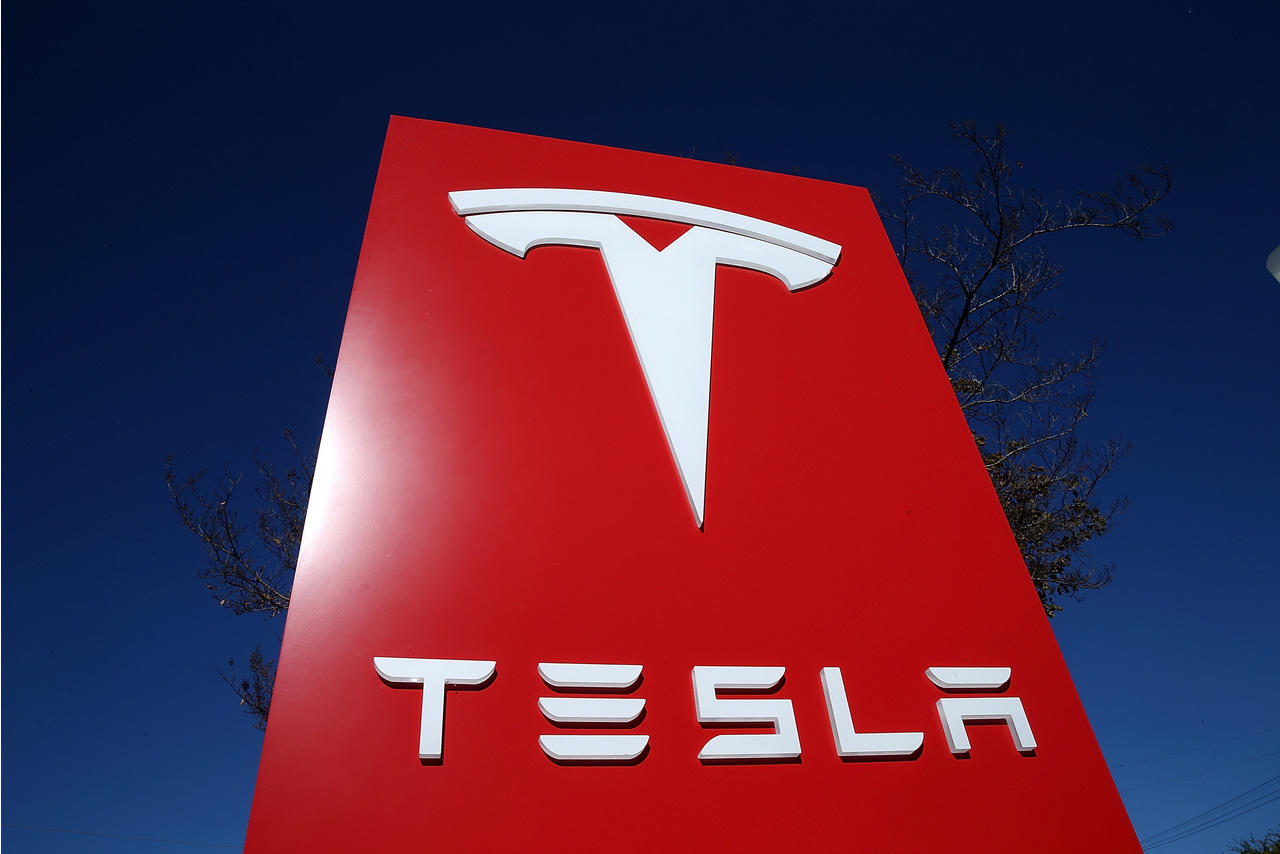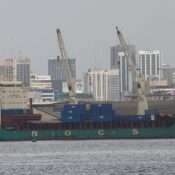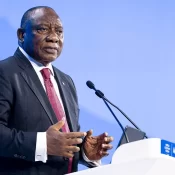
Tesla will start shipping parts from China to the US again after the trade truce
This month, Tesla intends to start shipping parts from China to the US for the production of Cybercabs and Semis.
According to a source familiar with the situation, Tesla intends to start transporting parts from China to the US for the manufacture of its Cybercab and Semi trucks at the end of this month in response to a trade truce between the US and China.
The decision, which Reuters exclusively revealed, emphasizes the direct effects of the de-escalation of the trade war between the two biggest economies in the world. The resolution comes after negotiations that took place over the weekend in Geneva.
After US President Donald Trump increased duties on Chinese imports to 145% last month, Tesla halted preparations to send components, potentially delaying mass production of the eagerly awaited models. But as part of the deal struck Monday, both countries agreed to remove most of the tariffs and other retaliatory actions.
Given the unpredictable nature of the Trump administration, the person, who spoke on condition of anonymity because the negotiations were classified, warned that things may still change. Requests for comment have not yet received a response from Tesla.
The Cybercab and Semi versions will begin trial production in October, with mass production set for 2026, according to the electric car company.
According to previous rumors, the Semi will be made in Nevada and the Cybercab in Texas. In 2026, Tesla also intends to increase manufacturing of its semi trucks and fulfill past-due contracts for PepsiCo and other clients.
Tesla has been working to obtain regulatory licenses for a robotaxi service that uses a fleet of Cybercabs that lack control pedals and steering wheels. With ambitions to start manufacturing the car by 2026 at a price of less than $30k, the idea was introduced last October.
Due to increased tariffs that have affected capital investments, the trade war has presented difficulties for Tesla. The cost of importing machinery from China to build US production lines has increased, according to Vaibhav Taneja, CEO of Tesla.
In the past, President Trump claimed that the tariffs would support American manufacturing. Elon Musk, the CEO of Tesla and a well-known supporter of free trade, has voiced worries, claiming that although he pushed Trump to reduce tariffs during a first-quarter earnings call, the President had the last say.
All Categories
Recent Posts
Tags
+13162306000
zoneyetu@yahoo.com


